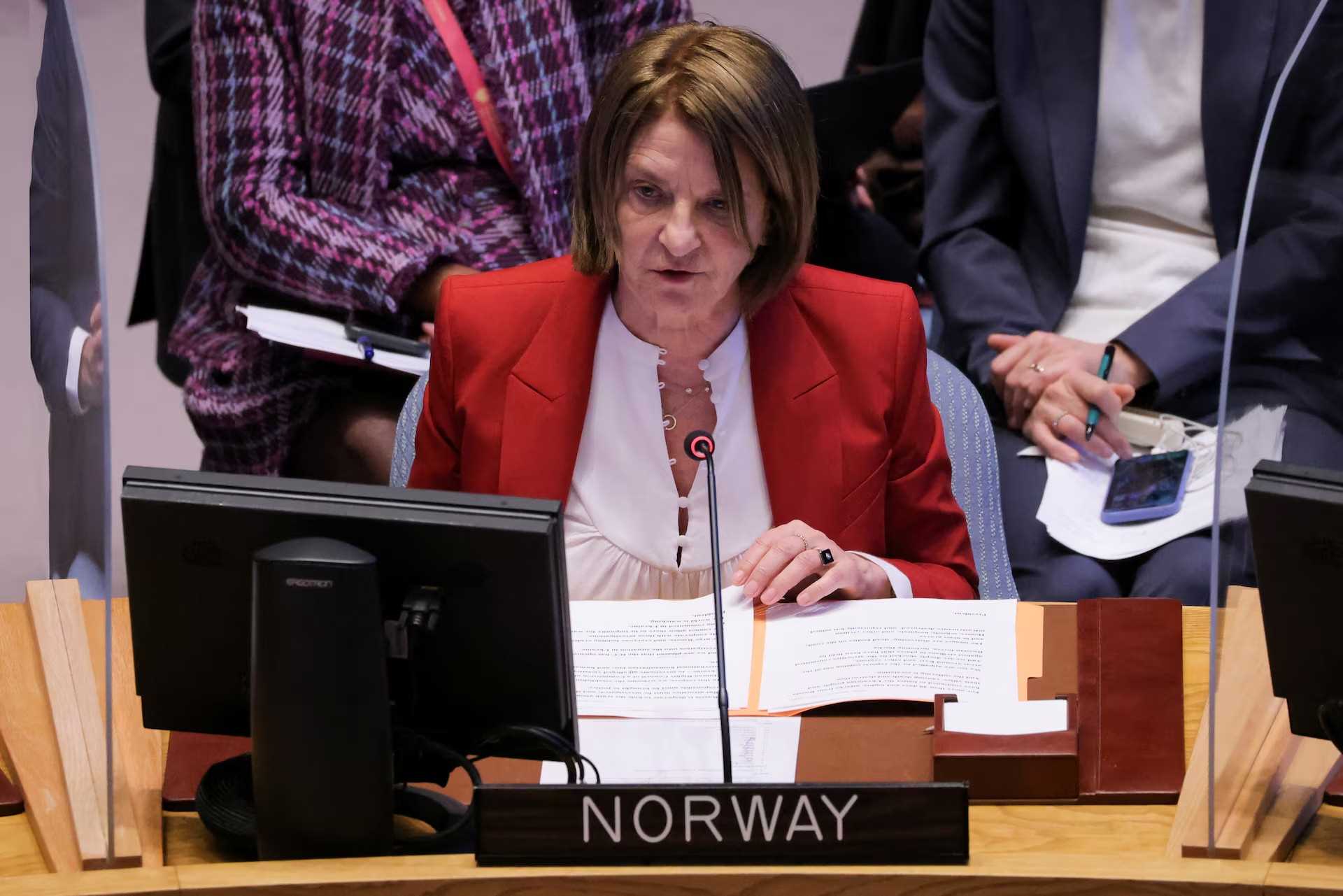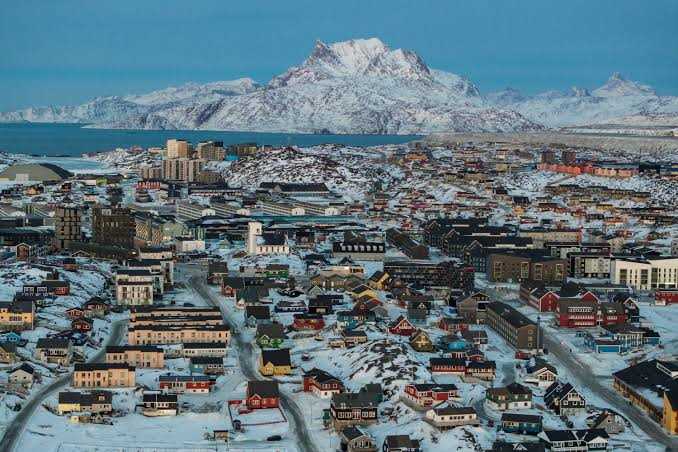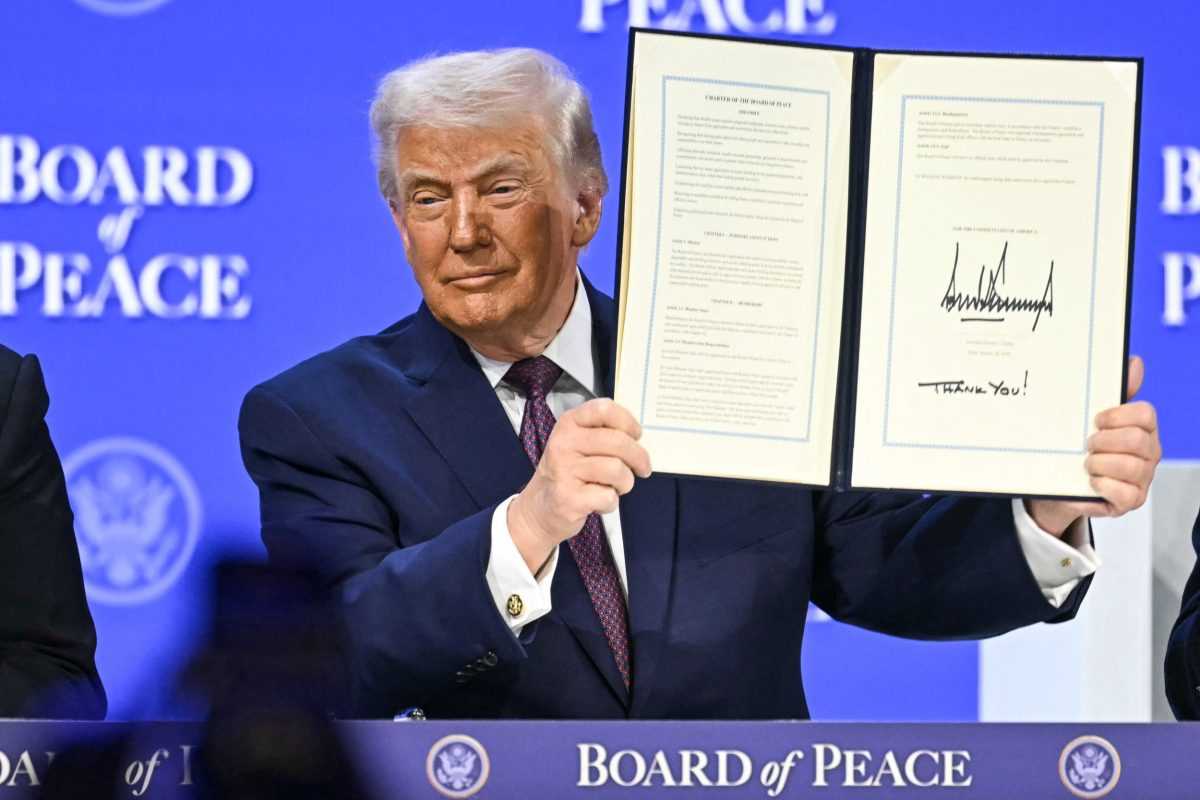
Reuters- The United States on Friday imposed new sanctions on eight Venezuelan officials and increased to US$25 million the reward it is offering for the arrest of President Nicolas Maduro on the day of his inauguration to a third term following a disputed election last year.
It was the latest in a series of punitive steps by the outgoing Biden administration against Maduro's government in the aftermath of the July vote, which both his ruling Socialist Party and the OPEC nation's opposition claim to have won.
As Washington rolled out the new sanctions, Secretary of State Antony Blinken called Friday's inauguration "illegitimate," saying in a statement that the U.S. "does not recognize Nicolas Maduro as the president of Venezuela."
The officials targeted include the recently appointed head of Venezuela's state oil company PDVSA, Hector Obregon, Venezuela's transportation minister, Ramon Velasquez, and police and military officials.
The U.S. move was coordinated with announcements by Britain and the European Union targeting 15 Venezuelan officials, including members of the National Electoral Council and the security forces. Canada also imposed new Venezuela sanctions.
“The United States, together with our likeminded partners, stands in solidarity with the Venezuelan people’s vote for new leadership and rejects Maduro’s fraudulent claim of victory," Bradley Smith, U.S. Acting Under Secretary of the Treasury, said in a statement.
Maduro and his aides have always rejected sanctions by the U.S. and others, saying they are illegitimate measures that amount to an "economic war" designed to cripple Venezuela.
"The outgoing government of the United States doesn't know how to take revenge on us," Maduro said during his nationally televised inauguration speech, without directly mentioning sanctions.
He and his allies have cheered what they say is the country’s resilience despite the measures, though they have historically blamed some economic hardships and shortages on sanctions.
The country's electoral authority and top court say Maduro, whose time in office has been marked by a deep economic and social crisis, won last year's presidential vote, though they have not published detailed tallies.
The government, which has accused the opposition of fomenting fascist plots against it, said it will arrest opposition presidential candidate Edmundo Gonzalez should he return to the country from exile and has detained prominent opposition members and activists in the lead-up to the inauguration.
The opposition says Gonzalez, 75, won in a landslide. It has published its own vote tallies as evidence, winning support from governments around the world, including the United States, which consider Gonzalez the president-elect. International election observers have said the vote was unfair.
Related Stories
Maduro, 62, has been in power since 2013, and the new sanctions come little more than a week before U.S. President Joe Biden will end his term and be succeeded by Donald Trump on Jan. 20.
In addition to the sanctions, the U.S. government increased to $25 million, from a previous $15 million, the reward it is offering for information leading to the arrest and conviction of Maduro.
The U.S. indicted Maduro and others on narcotics and corruption charges in 2020. Maduro has rejected the accusations.
Maduro has held onto power despite heavy pressure from successive U.S. administrations, retaining the support of Venezuela's military as well as China, Russia and Iran.
Even as the U.S. unveiled new sanctions, it stopped short of withdrawing previous U.S. authorizations to U.S. oil giant Chevron and several other companies for Venezuela operations. A senior U.S. official said Washington would continue monitoring the situation and could make recommendations to the incoming administration about the future of those licenses.
Biden hosted Gonzalez at the White House earlier this week, calling him the "true winner" of the election. But the Democratic president's Republican successor did not meet Gonzalez separately, leaving it to one of his incoming senior aides.
During his first term in office, from 2017-2021, Trump pursued a "maximum pressure" campaign against Maduro, putting in place the harshest sanctions on the South American country, including on its oil industry.
Biden briefly rolled back some of the Trump-era restrictions following electoral promises from Maduro but then reinstated them, saying the Venezuelan leader had reneged on pledges for a fair democratic vote.
It remains unclear how Trump will deal with Venezuela in his second term. Complicating Trump's decision are concerns about immigration, a hot-button U.S. domestic issue, but he has said the U.S. does not need Venezuela's oil.
One of Trump's central campaign promises was the mass deportation of undocumented migrants, many of them from Venezuela, and sending them back likely would require cooperation from Venezuelan authorities.
Following the brief detention of Venezuelan opposition leader Maria Corina Machado in Caracas on the eve of Maduro's inauguration, Trump issued a statement on social media saying: "These freedom fighters should not be harmed."
Maduro's government denied any involvement, saying the opposition had orchestrated it to generate support for Machado.




















Leave Comments